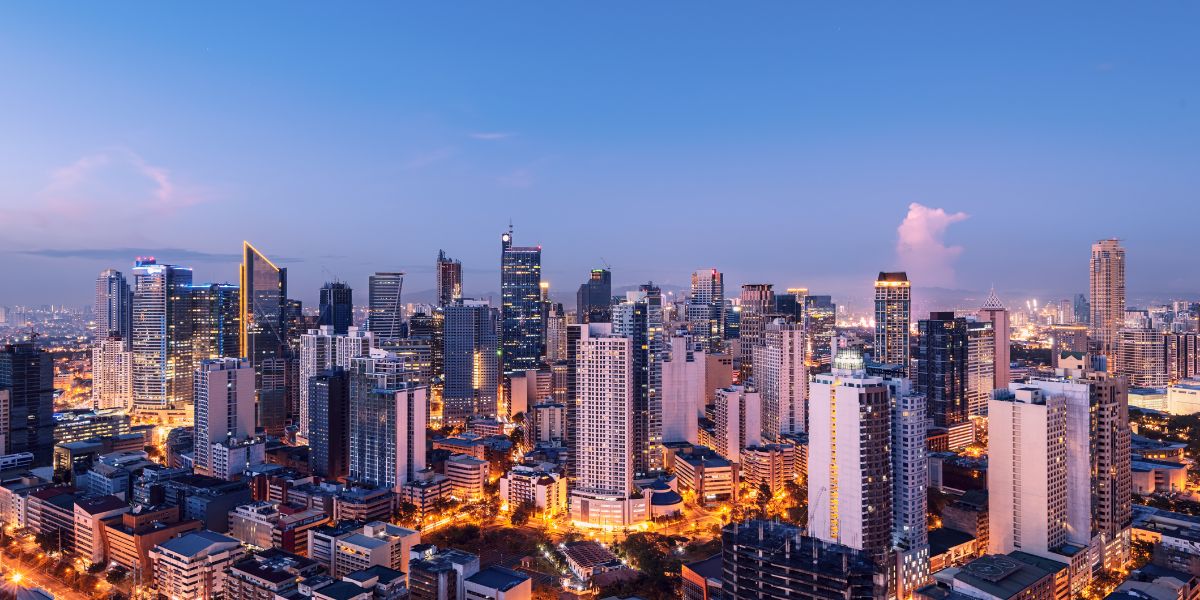The Philippines boasts immense natural beauty such as the island of Boracay, Banaue Rice Terraces and Chocolate Hills.
Tubbataha Reef is a fantastic excursion, while the Malacañang Palace is another sight worth seeing.
FCO advice
The Foreign and Commonwealth Office (FCO) advise against all travel to south-west Mindanao and the Sulu archipelago, while all but essential travel is advised to the remainder of Mindanao.
Getting to the Philippines
Manila, the capital of the Philippines, can be reached from London by airplane in around 13 hours, but an average time is often between 16-18 hours.
Time zone
The Philippines is seven hours ahead of British Summer Time and eight hours ahead of Greenwich Mean time, which could require alterations to your diabetes management.
If you are unsure about managing your diabetes medication in the Phillippines, you should discuss this with your diabetes team
Climate
The Philippines is an incredibly warm country, with average temperatures throughout the year standing at roughly 28°C.
Regardless of what time of year visiting, travellers taking insulin should vigilantly monitor their blood sugar levels as insulin absorption can be enhanced in warmer temperatures.
Currency
The currency in The Philippines is the Philippines Peso. Most major credit and debit cards will be accepted by business establishments, but it is worth noting that some may have a minimum purchase requirement before accepting credit card payments.
Money changers in the city offer better rates than those at the airport and hotels for those looking to exchange money after arriving in the Philippines.
Vaccinations
There are no mandatory vaccinations to enter the Philippines, however some are recommended. You should consult your doctor eight weeks prior to your departure in order to receive the vaccinations in time.
All travellers are recommended to get vaccinations for hepatitis A and typhoid, which can both be contracted through contaminated food or water.
Some travellers are also recommended to receive vaccinations for other diseases, including hepatitis B and rabies, which can be carried by dogs, bats and other mammals in the Philippines.
Vaccination against Japanese Encephalitis may also be recommended for travellers visiting remote areas of the Philippines for more than a month, depending on what time of year you are travelling.
You should also talk to your doctor about how to prevent the contraction of malaria while travelling. Your doctor may prescribe you medication before, during and after your stay and will advise you on what to do to avoid getting malaria.
There is no risk of yellow fever in the Philippines, although the government of the Philippines requires proof of yellow fever vaccination if you have travelled from a country with a risk of the disease.
Getting medication when in the Philippines
UK citizens with diabetes will not be entitled to any free medication services while in the Philippines. Securing comprehensive medical insurance will be essential in order to obtain even basic treatment
If you require treatment, the Philippines Diabetes Association (PDA) recommends you contact a physician certified by the Philippine College of Physicians, the Philippine Society of Endocrinology and Metabolism and members of the PDA.
Only full urinalysis strips are available, while blood testing strips can be accessed in large towns and cities.
The emergency services telephone number to be called in the Philippines is 117
Insulin
You should note which syringes are available in the Philippines, with U-100 syringes the most commonly used.
The vast majority of insulin in the UK is U-100 insulin. If you need to take a different strength of insulin , say in an emergency, it’s important that you use the correct device and syringes for that insulin.
For example, you would use a U-40 syringe for U-40 insulin. You will need to work with a doctor getting the right dose if you’re using a different form of insulin.
Diabetes associations
It is important to note the diabetes associations in the country you are travelling to in case of an emergency.
There is one diabetic association in the Philippines that can be contacted for information prior to your stay. The address of this associations is:
- Diabetes Philippines (a member of the International Diabetes Federation (IDF) since 1984),
Unit 25, Facilities Centre,
548 Shaw Boulevard,
1550 Mandaluyong City,
Philippines
Tel: +63-2-5311278
Email: [email protected]
Questions
- How is blood glucose measured in Philippines? Unfortunately, we do not have the information of whether blood glucose is measured in mg/dl or mmol/l in the hilippines
- What language is spoken in Philippines? Filipino and English are the official languages
- Will I need an international driving license when driving in Philippines? Yes
- If I want to hire a vehicle during my visit, will I face any form of discrimination? No
- What sugar free drinks are available in Philippines? Diet Coke, Diet Sarsi, Diet Sprite, among others






